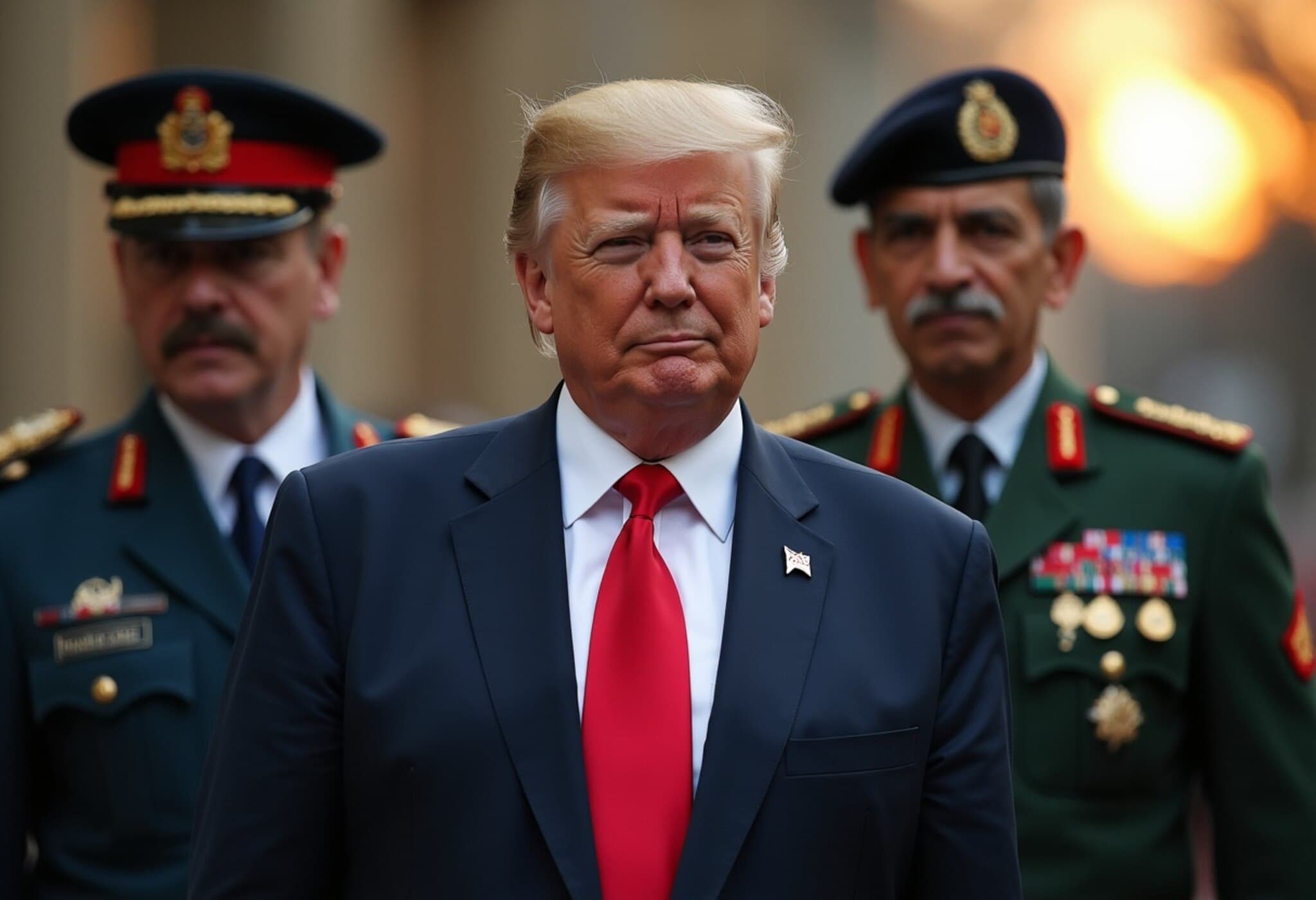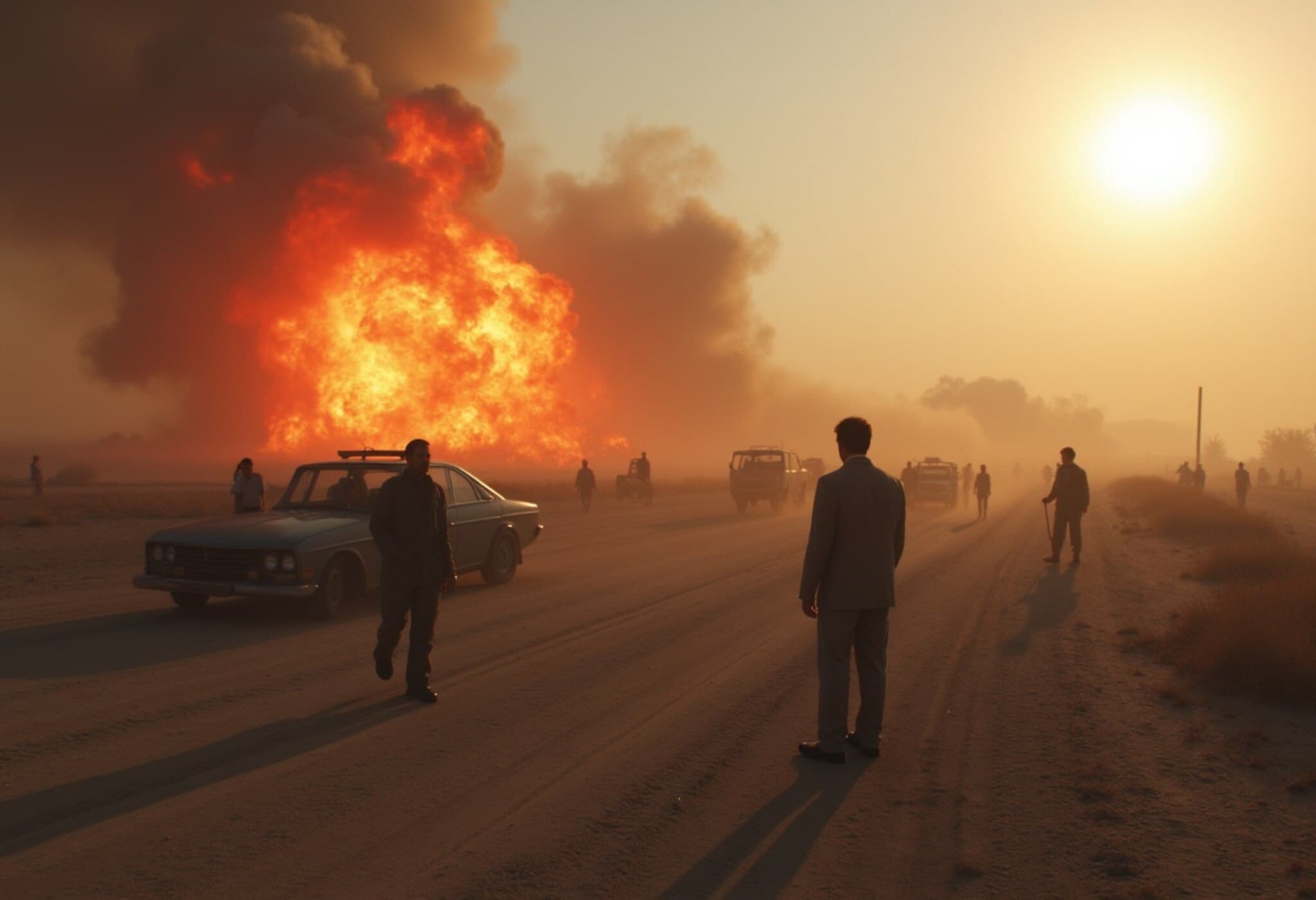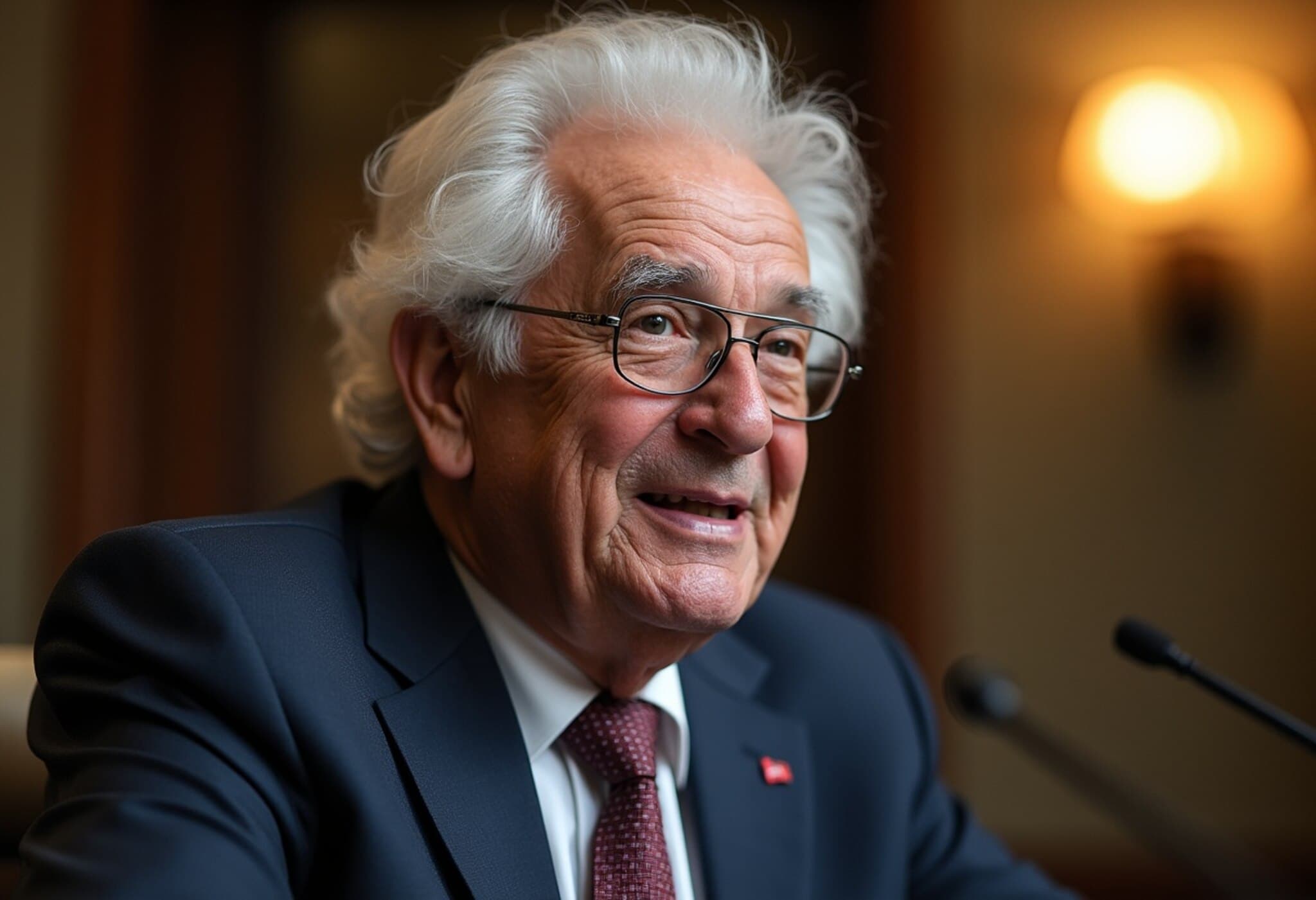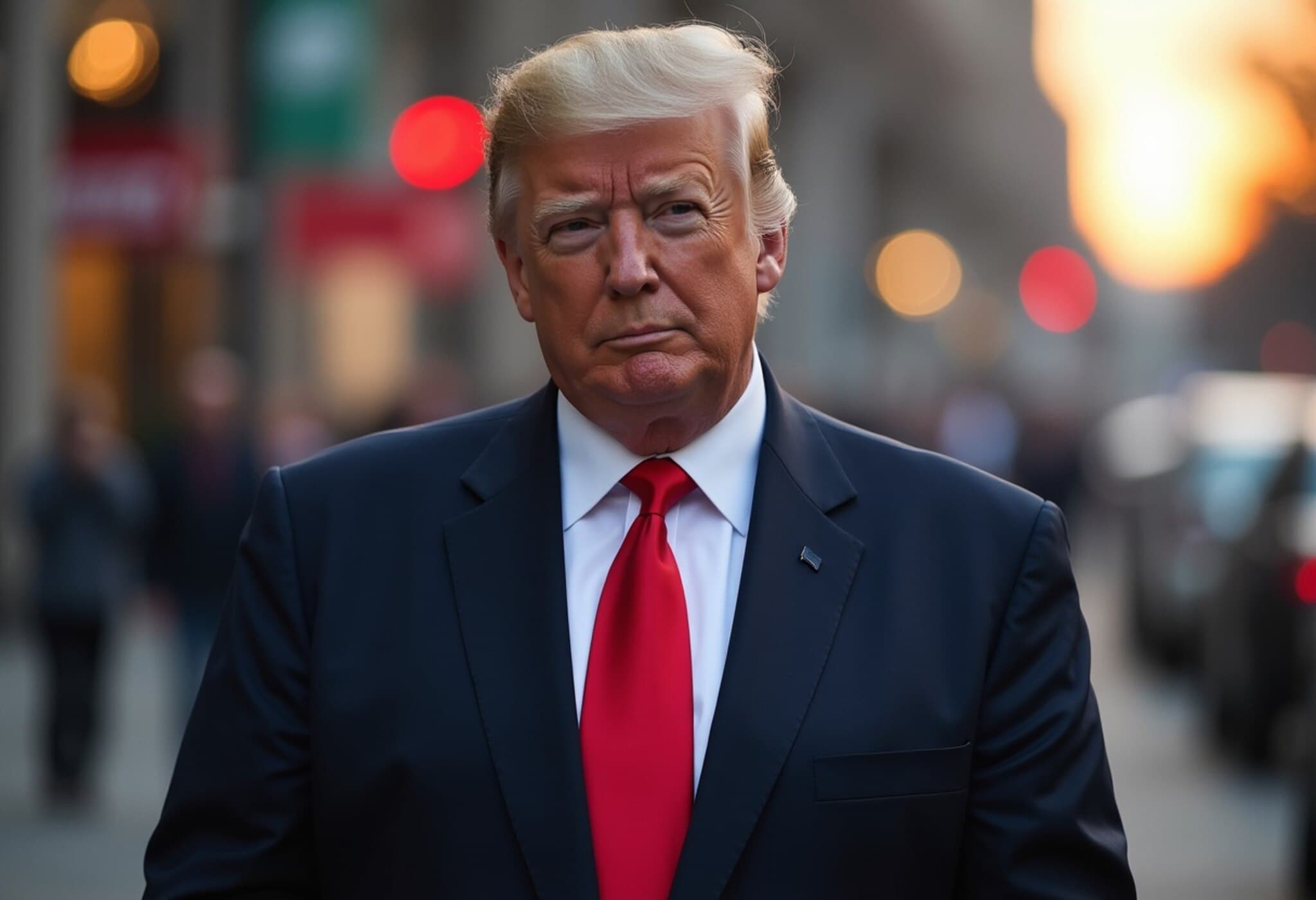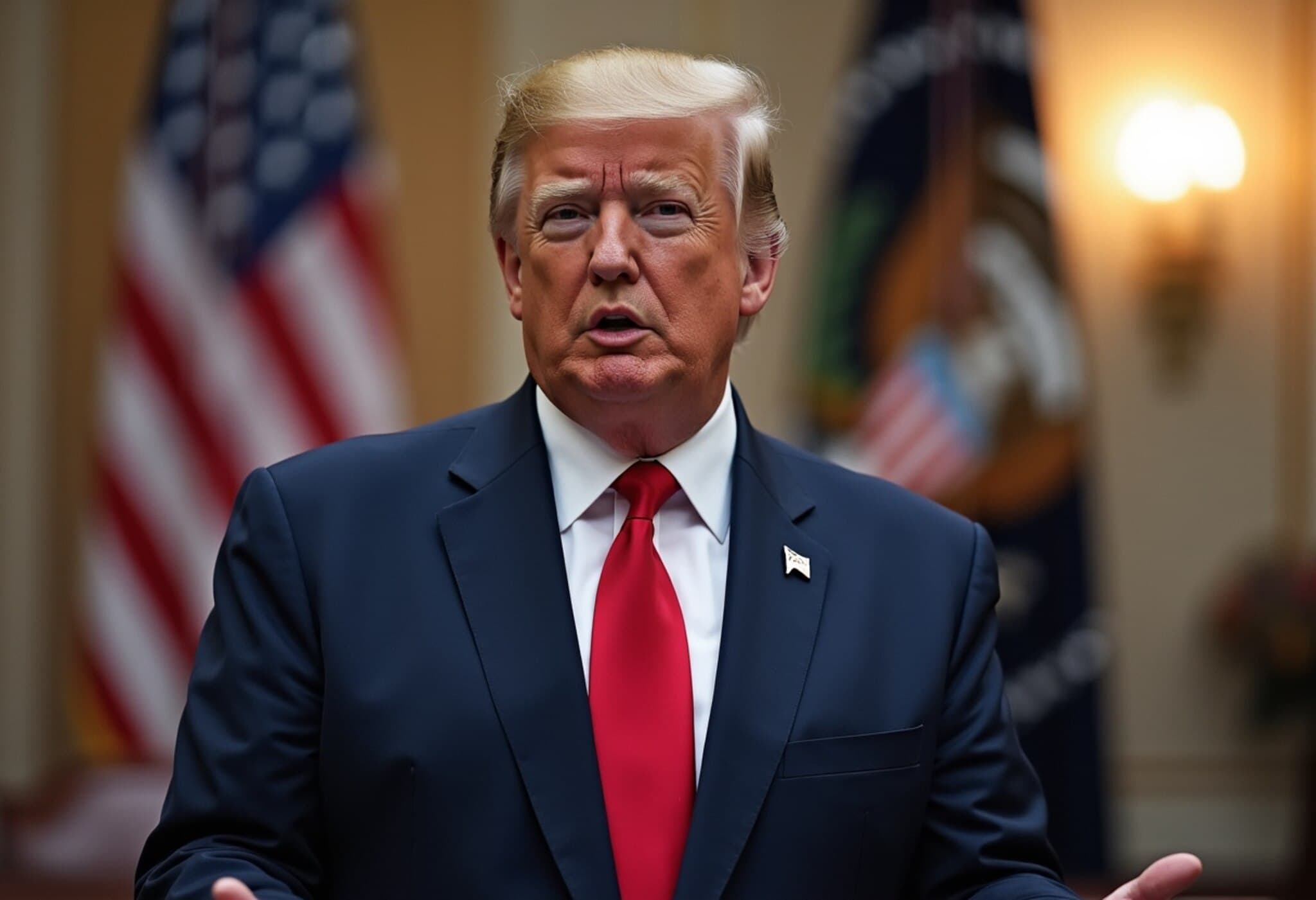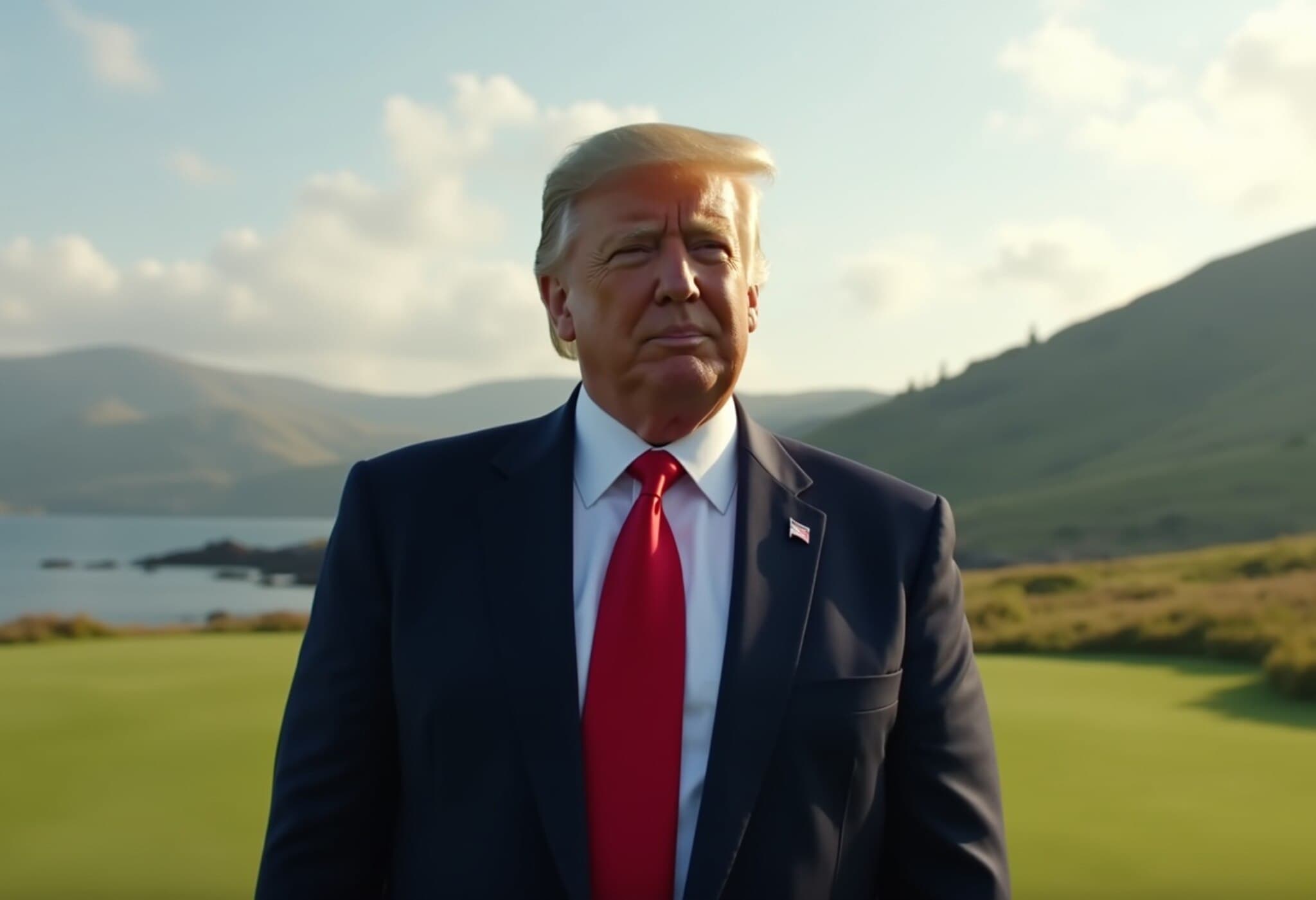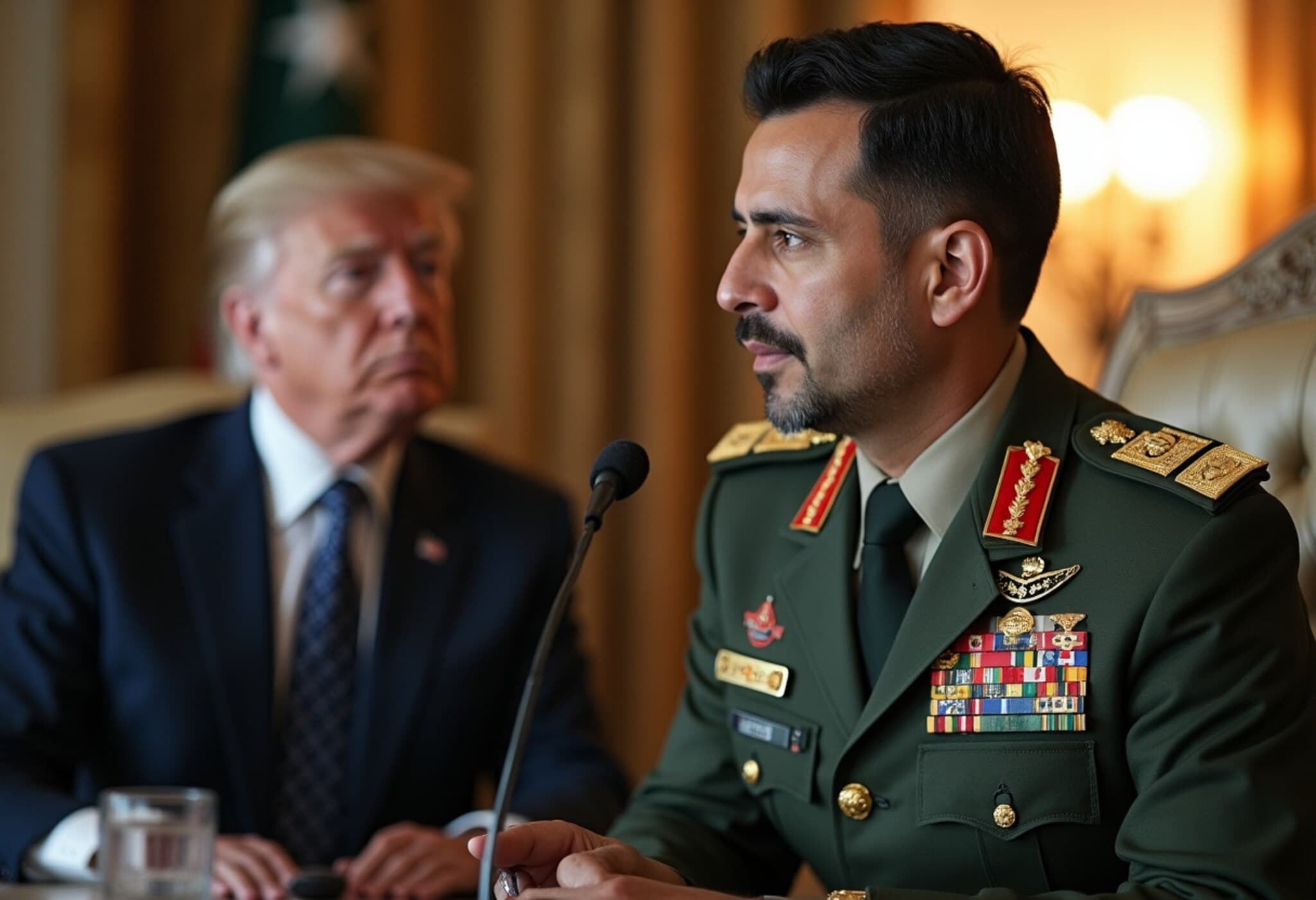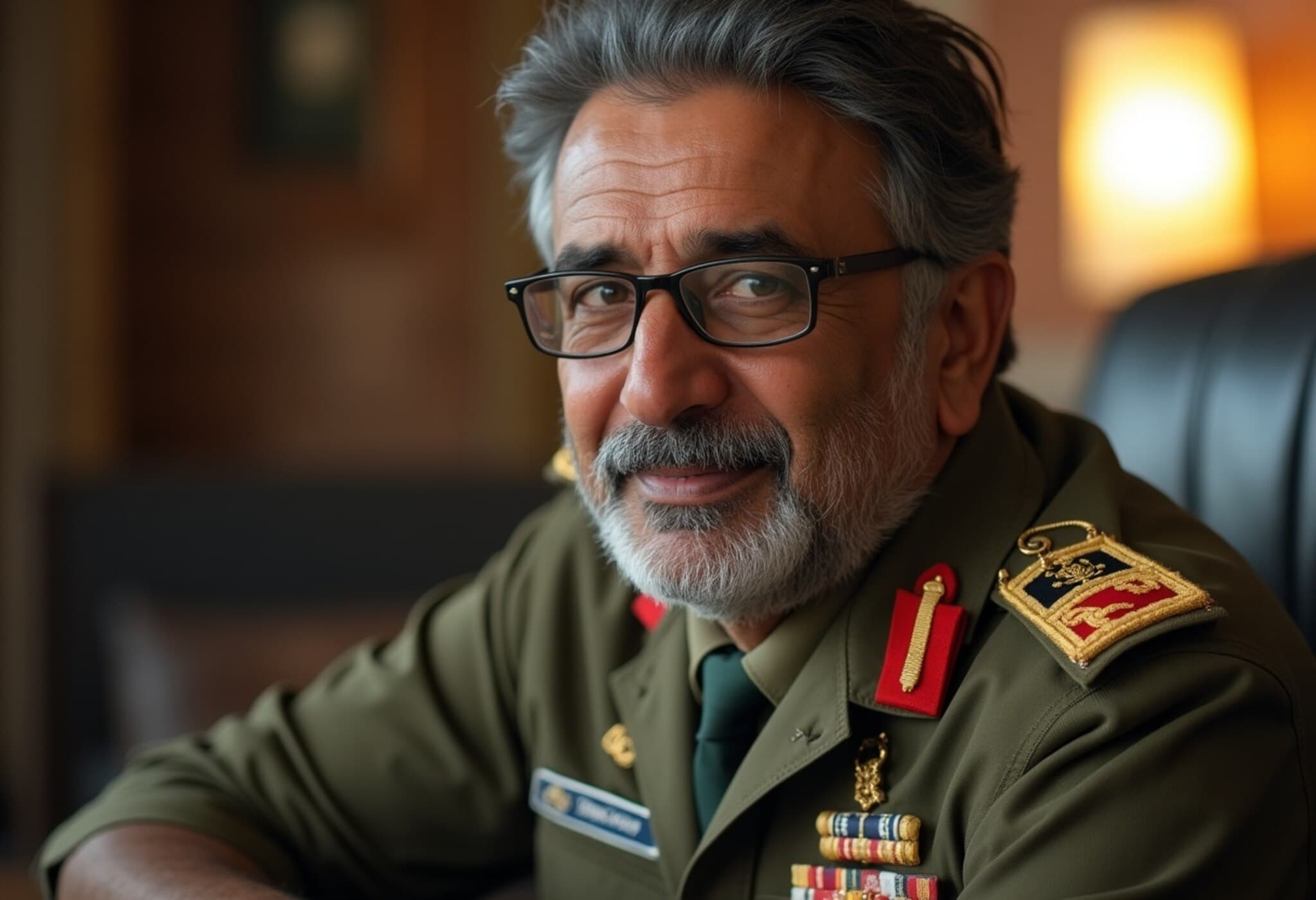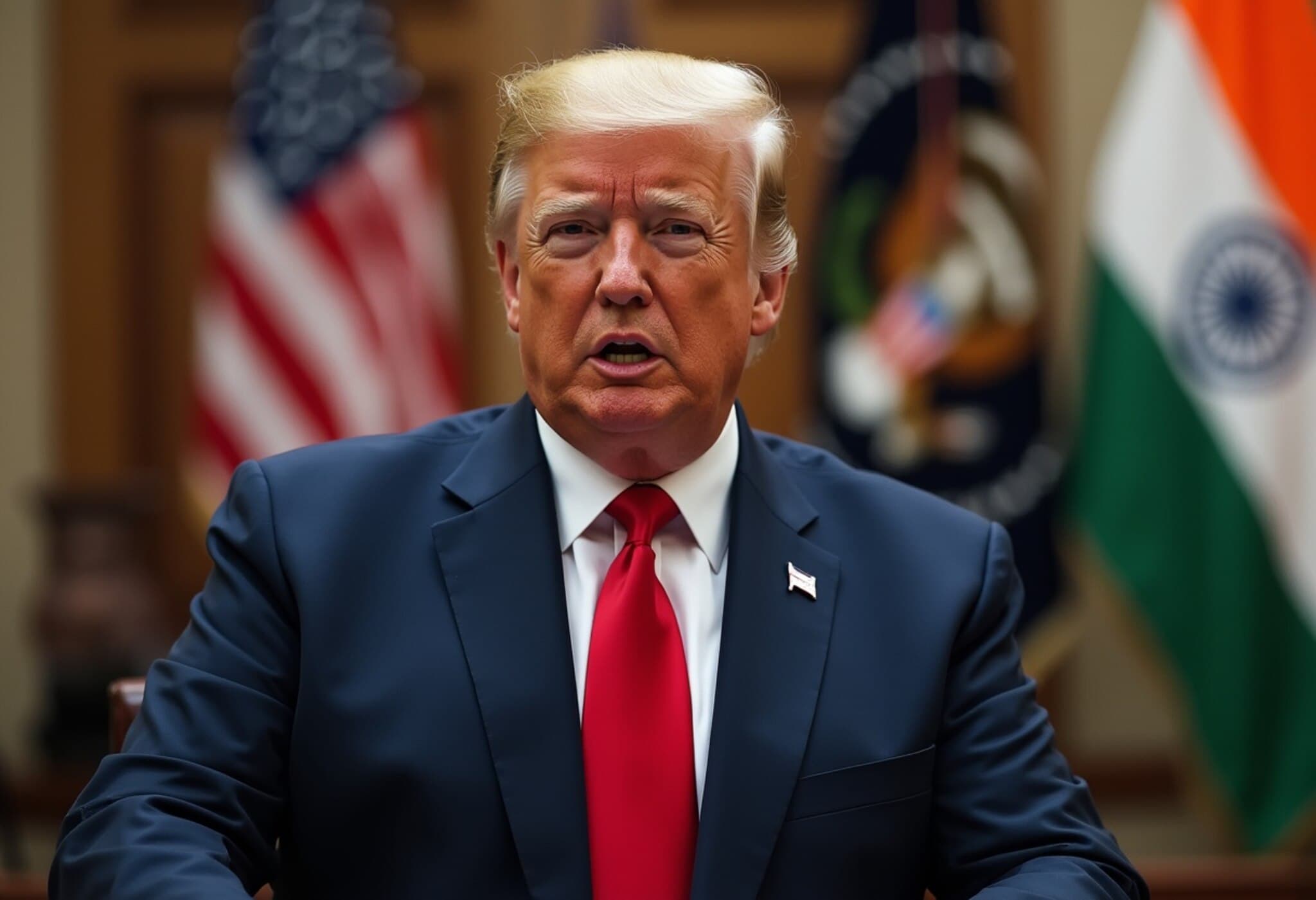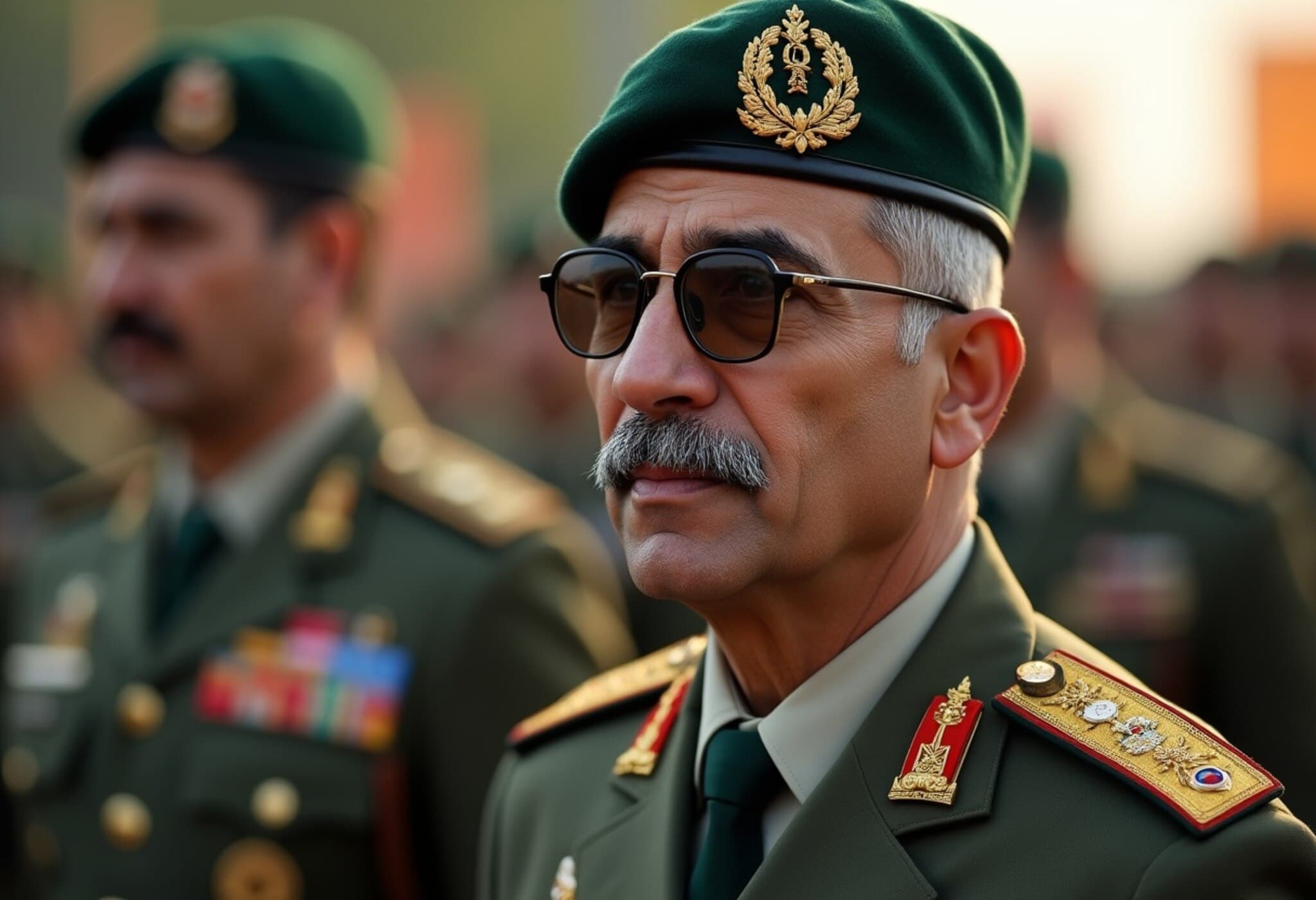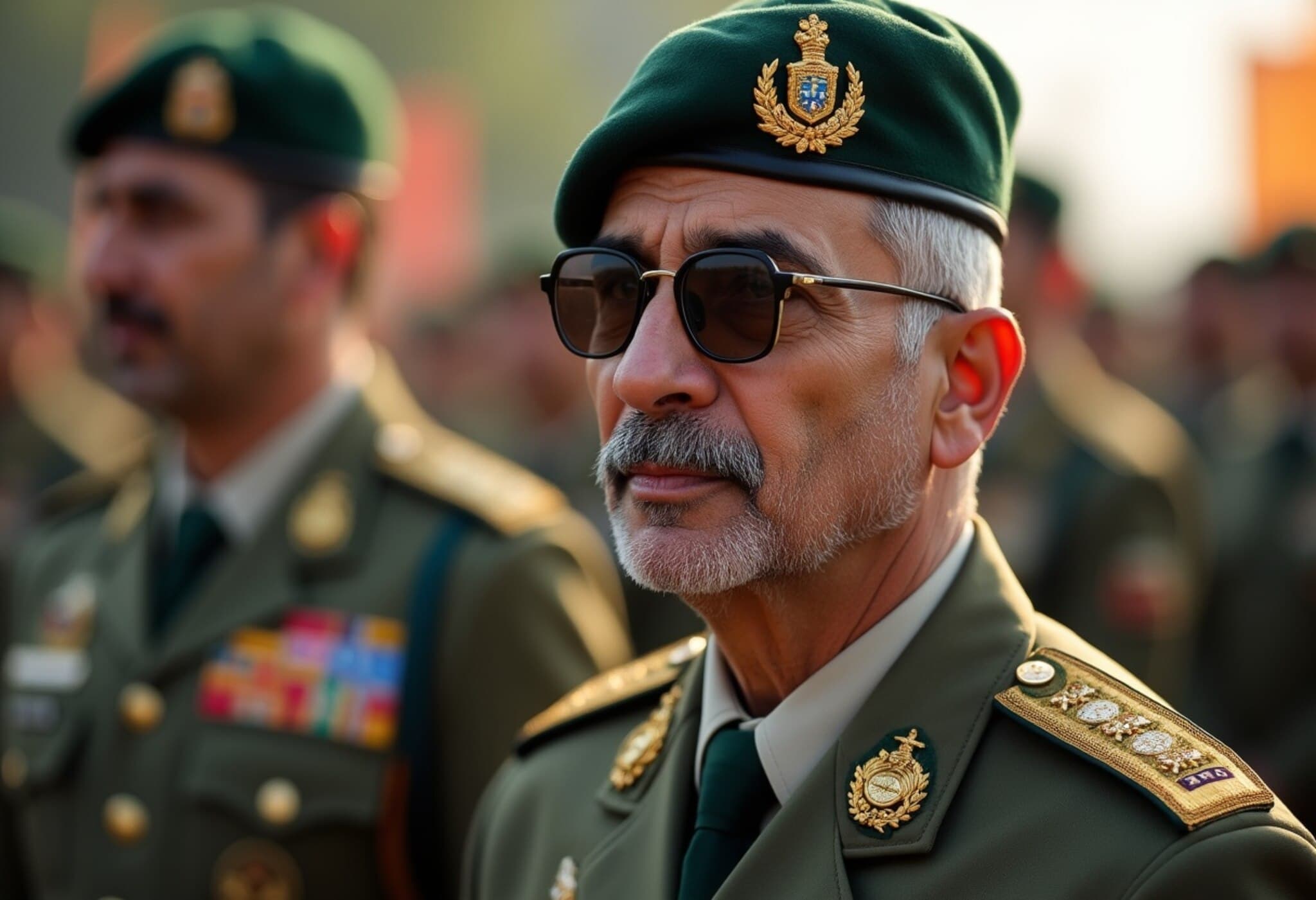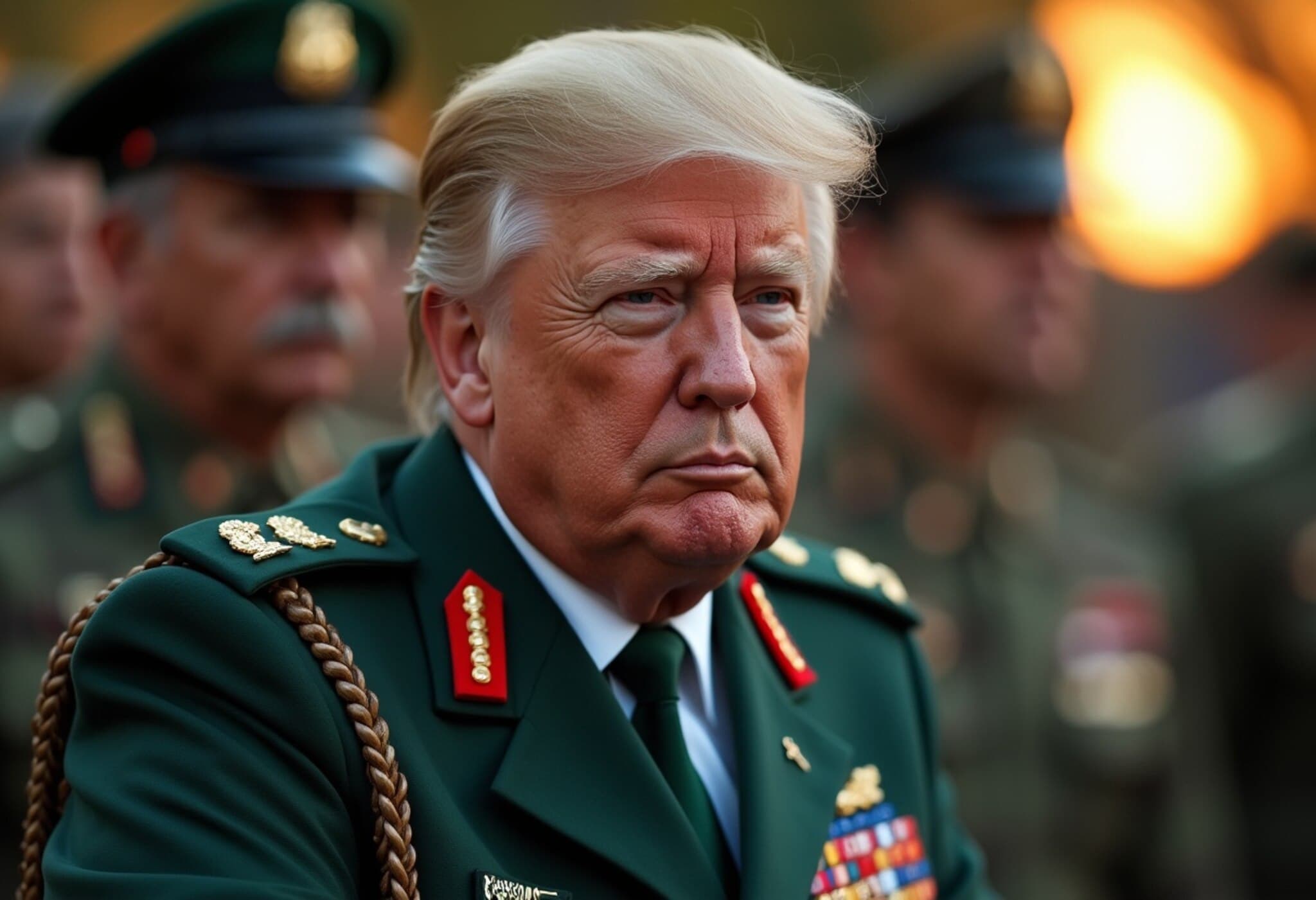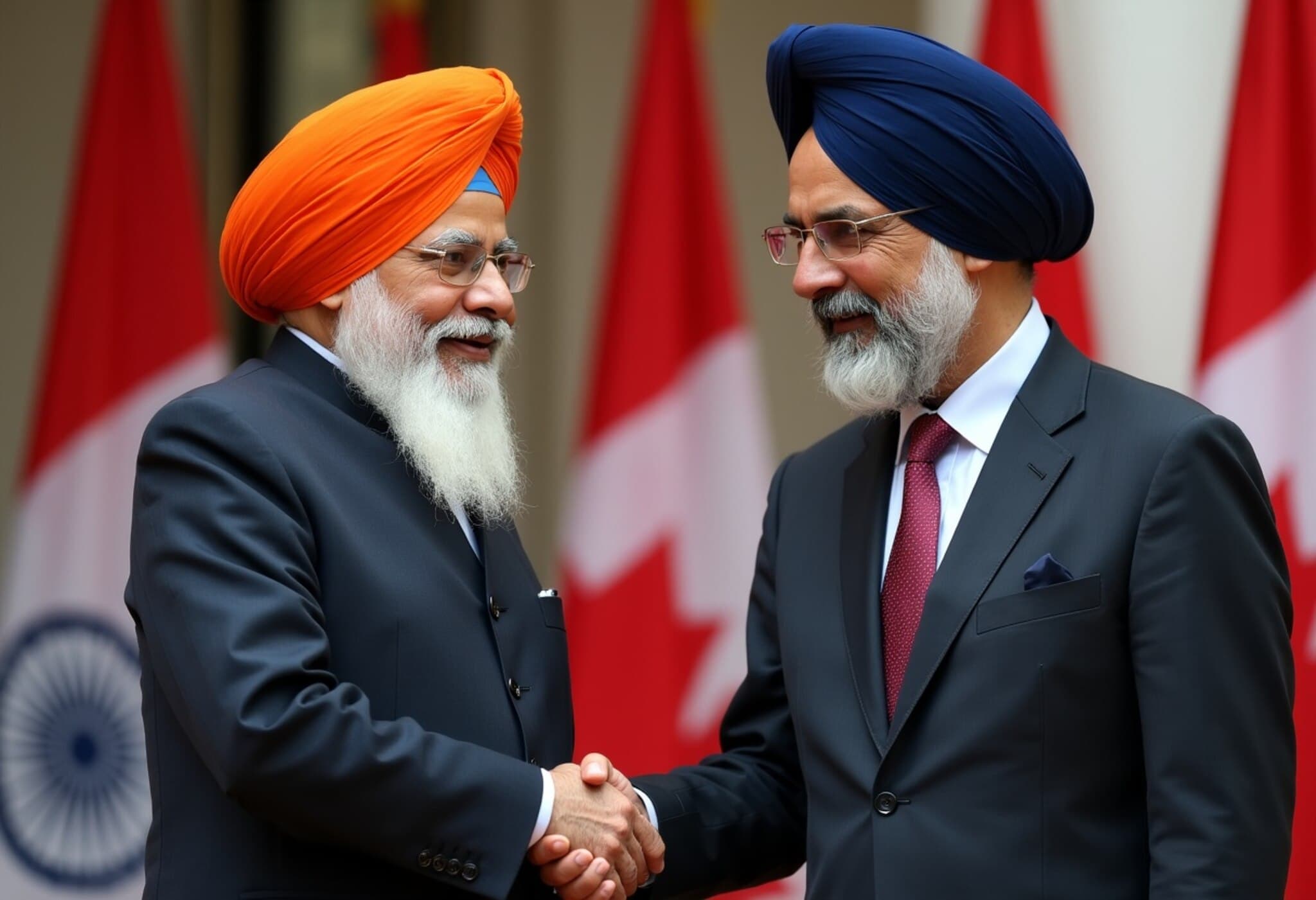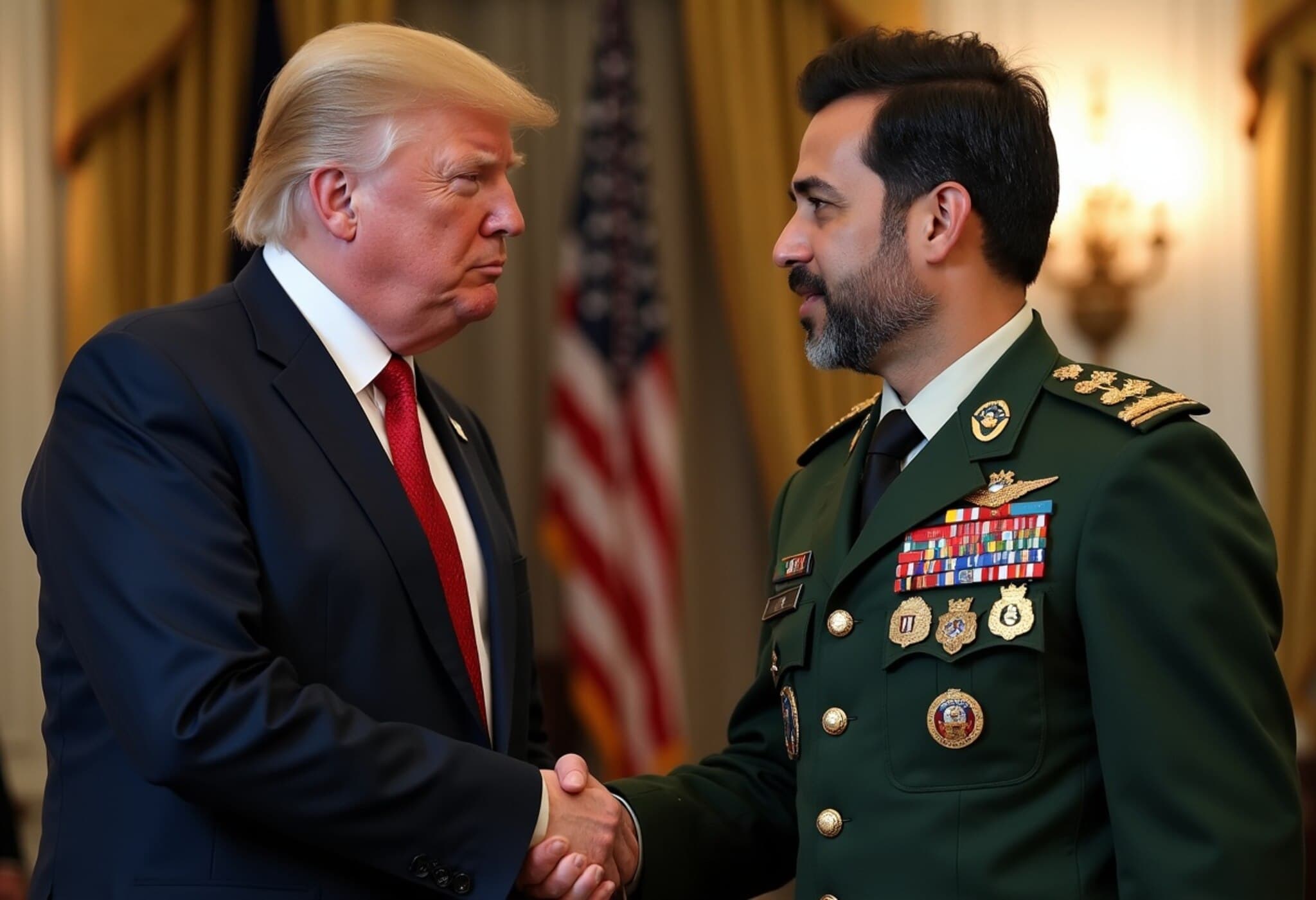Trump to Host Pakistan's Field Marshal Asim Munir Amid Controversy
US President Donald Trump is slated to meet privately with Pakistan's Chief of Army Staff, Field Marshal Asim Munir, this Wednesday, according to the latest White House schedule. The meeting arrives at a particularly sensitive time, marked by widespread protests and a complex geopolitical backdrop.
Protests Erupt Over Munir's Visit
Munir's trip to Washington has sparked vocal demonstrations by overseas Pakistanis, predominantly supporters of former Prime Minister Imran Khan’s Pakistan Tehreek-e-Insaf (PTI) party. Protesters gathered outside the Four Seasons Hotel in DC, challenging Munir’s presence with chants like “Pakistanio ke Qatil” (murderer of Pakistanis) and “Islamabad ke Qatil”. Many bore placards branding Munir a “mass murderer.”
One striking video circulated online shows a Pakistani-American activist shouting, “Democracy dies when guns speak!” and “You’re a dictator!” The protester emphasized exercising public freedom rights while accusing Munir of stifling democracy.
The PTI USA chapter helped amplify these protest messages, framing the demonstrations as a stark reminder of Munir’s alleged abuses against the Pakistani people. The core grievances center on Munir's crackdown on PTI supporters following Khan’s political downfall, reflecting accusations that the military general has undermined civilian governance with military dominance.
PTI USA summarized the outrage by stating, “Munir has turned Pakistan into a military dictatorship cloaked in civilian rule.”
Diplomatic Nuances: White House Distances From Visit
While the US Central Command reportedly extended the invitation for Munir’s visit, the White House has publicly distanced itself from the engagement. Munir’s recent promotion to Field Marshal—a rare honor only previously bestowed on Ayub Khan in Pakistan’s history—follows a period of military setbacks in the region but was hailed domestically as a sign of strong leadership.
Contrasting Stances on Iran
The visit's geopolitical significance is further complicated by Munir’s expressed support for Iran amid escalating West Asian tensions. In Washington, Munir voiced solidarity with Tehran and called for a swift end to the conflict.
Conversely, President Trump has taken a hardline approach, demanding Iran's “unconditional surrender” and asserting “complete and total control of the skies over Iran,” as conveyed on his social media platform. Additionally, Trump has reinforced his backing of Israel, underscoring the delicate nature of this diplomatic encounter given the conflicting positions.
What This Meeting Signifies
Munir’s visit, protests, and mixed signals on Iran illustrate the complex web of military power, civilian politics, and international alliances. As the US and Pakistan navigate these murky waters, this meeting will be closely watched for clues on future diplomatic relations amid rising global tensions.

